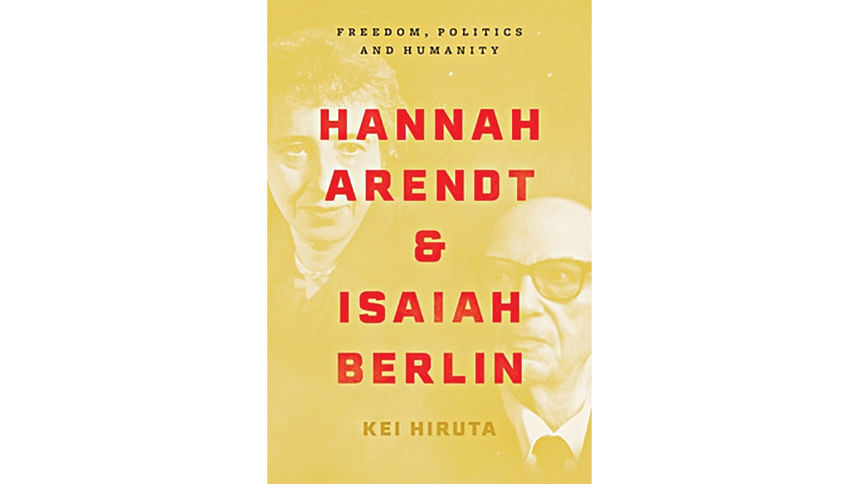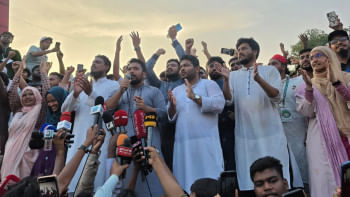Freedom, Politics, and Humanity: Hannah Arendt and Isaiah Berlin

I must admit I have never read the philosopher Isaiah Berlin, nor am I familiar with his life and writings. Kei Haruta's study of the two thinkers—Hannah Arendt and Isaiah Berlin—drew me in primarily because I have remained an ardent reader of Arendt's work, having been deeply benefitted from and influenced by her thoughts on totalitarianism, the essential crises of the human condition, the concept of political violence, and what she terms as the 'banality of evil'. As I begin reading Haruta's lucid, careful prose delineating the stunning similarities between the two thinkers' lives, politics, and work, I find myself drawn into the particulars of what kept the thinkers' disagreement with one another alive for decades. Each other's contemporaries, Arendt and Berlin clashed spectacularly since their first meeting and the animosity lived on well after Arendt's death. While Berlin's "detest" for her feels visceral, in her own evaluation of the former, Arendt was "indifferent" at best, and "occasionally suspicious" at worst. Haruta traces their personal tension with nuance and depth and throughout the course of this meticulously researched book backed up by archival research, brings the two thinkers and their ideas into conversation. The result is a stunning meditation on some of the concepts that haunt our present moment—humanity and moralism, Zionism today, democracy and imperialism and perhaps most significantly, the question that lies at the very heart of the human condition: what does it mean to be free?
Nazia Manzoor is Editor, Star Books and Literature.

 For all latest news, follow The Daily Star's Google News channel.
For all latest news, follow The Daily Star's Google News channel. 



Comments